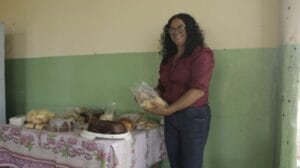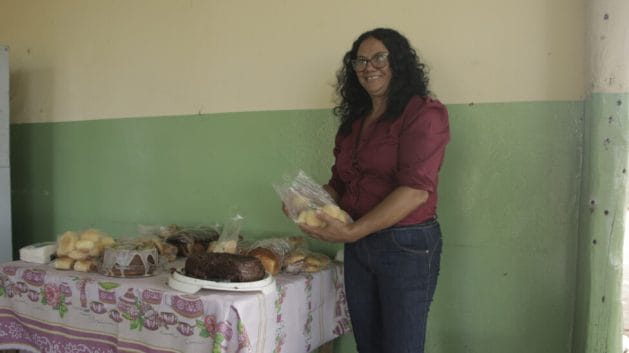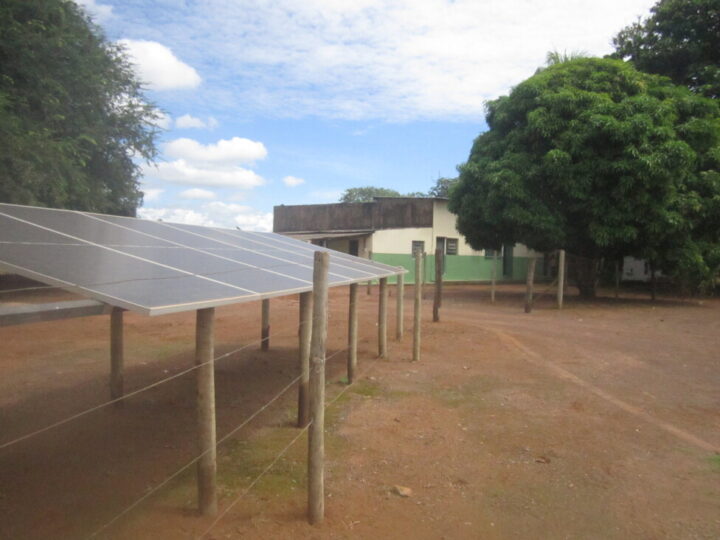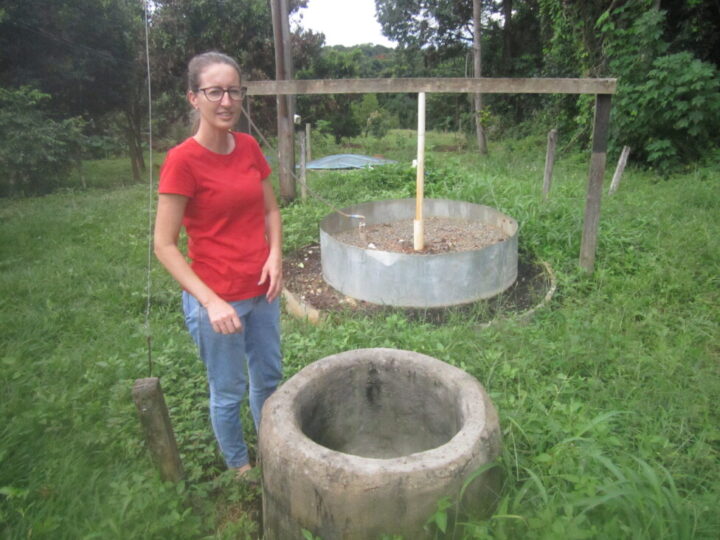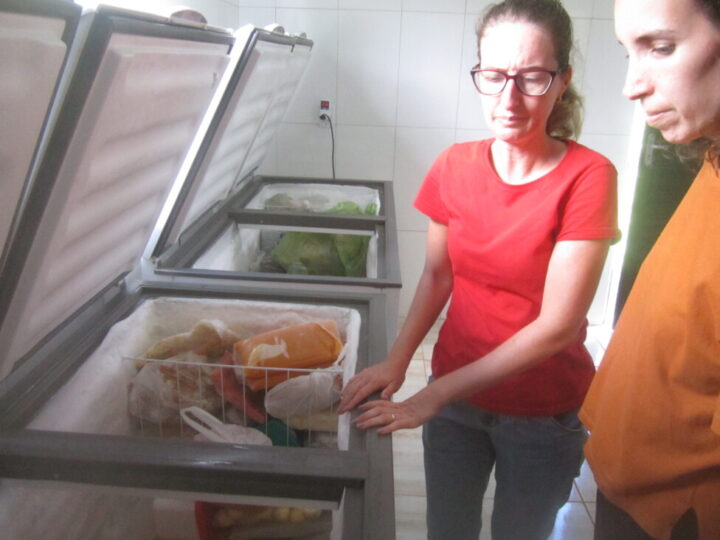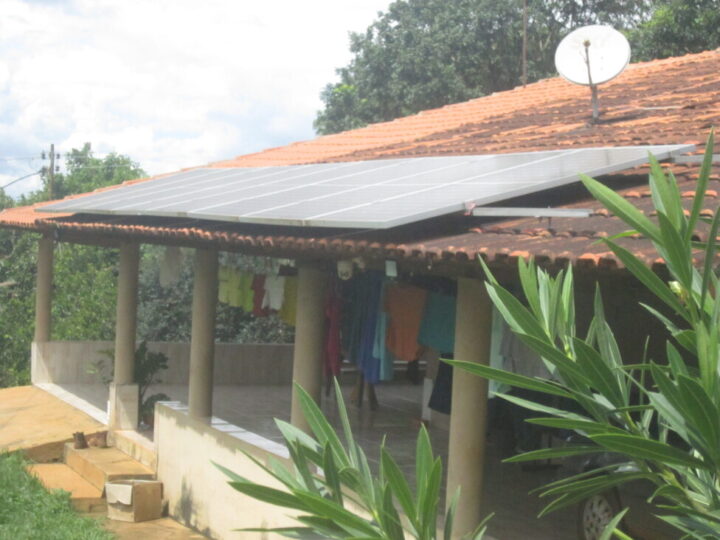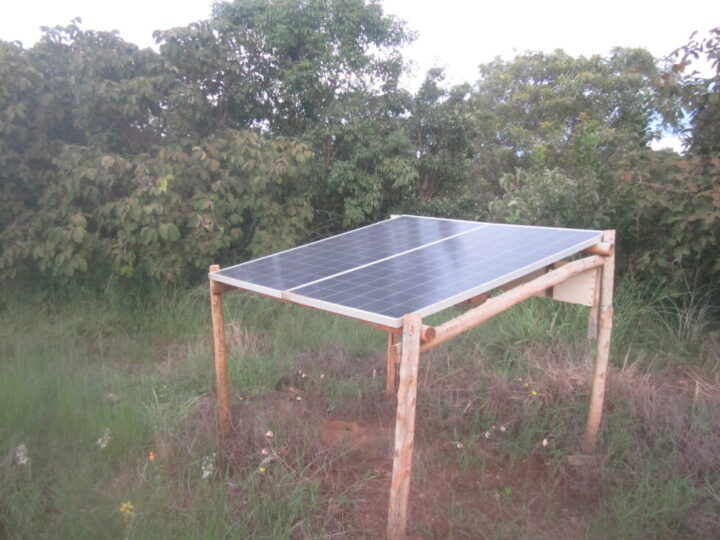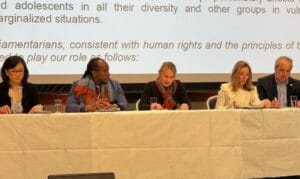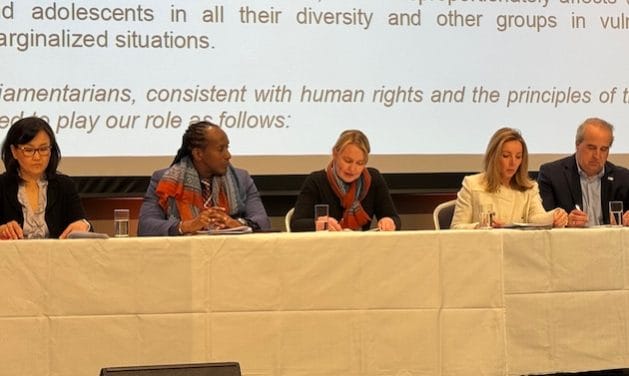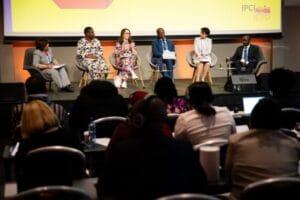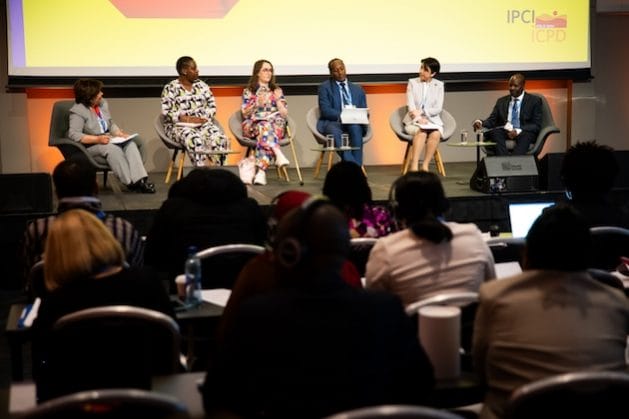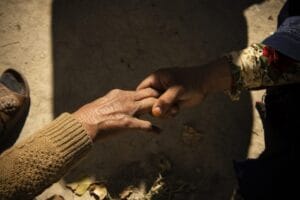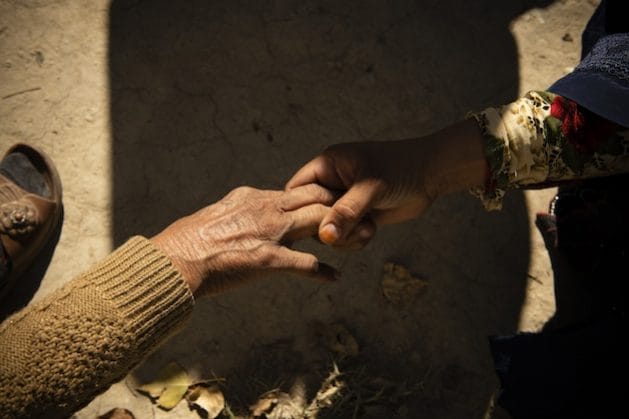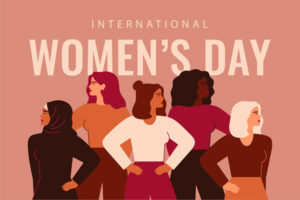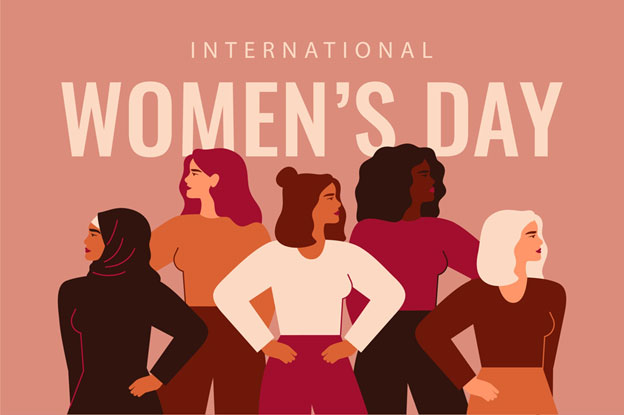
Asia-Pacific, Civil Society, Gender, Headlines, Human Rights, Press Freedom, TerraViva United Nations
The author is an Afghanistan-based female journalist, trained with Finnish support before the Taliban take-over. Her identity is withheld for security reasons
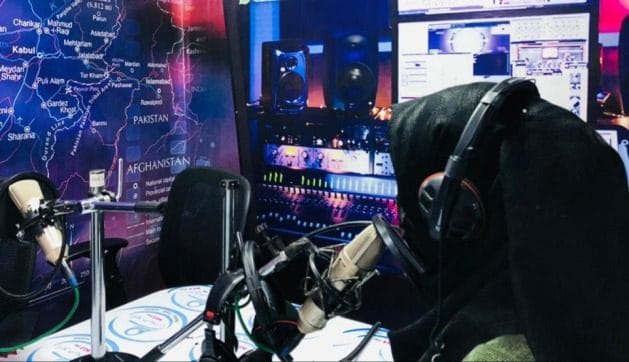
Taliban’s decree imposes radio ban on Afghan women, further restricting media freedoms. Credit: Learning Together.
– Since the Taliban regained control of Afghanistan in 2021, the space for women in the public sphere has significantly narrowed, with successive orders further restricting their presence in various sectors, including the media.
The Taliban have recently decreed that women’s voices should no longer be broadcast on radio in four provinces – Khost, Logar, Helmand, and Paktia.
Women and men must stay separate from each other in media houses, and women are even banned from calling radio stations during social discussion programmes to seek solutions to their problems.
The radio stations are constantly monitored by the Ministry for the Promotion of Virtue, even where there are no male workers, says Halima, a presenter in one of the radio stations. “Every time they come, they warn us not to laugh and not to joke in the programmes because it is a great sin”, she says.
“We used to have four and a half thousand female journalists and media workers in Afghanistan”, says Ahmad (name withheld), a media activist, “but unfortunately, due to the recent political developments, the imposition of restrictions, and the lack of economic opportunities, many female journalists lost their jobs”. Last year a substantial 87 per cent of female journalists left the industry.
In the eastern provinces, Ahmad says, the Taliban do not allow women’s voices to be broadcast on the radio, while in the Southern provinces, journalists are not allowed to take photos because, to the Taliban it is a great sin.
At the end of February the Afghan Centre for Journalists sent out information to media outlets, according to which, Mohammad Khaled Hanafi, Acting Minister for the Promotion of Virtue warned that women would be banned entirely from working in the media if they show their faces on television or in interviews. A representative for the Ministry was reported brandishing sample pictures of appropriately dressed women with only two eyes peering from behind a hijab.
Female workers now manage only seven media houses. Two of these are in Badakshan one in Balkh, one in Farah one in Herat and two in Kabul – all of these face a huge number of challenges. Although most of these media houses are symbolically run in the name of women, but the important work and decision-making of media are in the hands of men.
In Helmand Province, women are banned entirely from appearing on television, neither should their voices be heard on radio. According to the local newspaper Hasht Sobh, Abdul Rashid Omari, the Taliban security commander in Khost province, has warned local media officials in an official letter that they would be prosecuted if they allow girls or women make phone call to radio stations.
“Some private radio stations in Khost promote moral corruption, a good example of which is broadcasting school lessons or social programs in which many girls participate” the letter states. Adding further, “By abusing these educational and social programs, girls make illegitimate phone calls with the organizers of the programs during the official and unofficial time, which, on the one hand, leads the society to moral corruption and, on the other hand, against Islamic standards”
There is not much space left for the media in Afghanistan, complains Frishta (name withheld). It is even hard for them to breath, but despite all of those restrictions, she continues to work.
“It is true that I am in charge of the radio station, but I can never make important decisions on its operations. The owner of the radio, who is a man, always makes the decisions. I produce the programs according to his guidelines and orders,” says Frishta.
But, the reason why Frishta perseveres is that a few international organizations provide financial support for women’s work in radio and television, and the money is much needed. Among them are United Nations agencies, UNICEF and UNESCO, which support 28 regional or local radio stations across the country in the publication of humanitarian information and training programmes. Also, an EU-funded project,”Support to Afghan Media Resilience to Foster Peace and Security”, has assisted several women’s radio stations produce education, cultural and news programmes.
Besides the increasingly diminishing space for women in the media, the Taliban are clamping down the media in every other way. For instance, Youssef Bawar (name changed), one of the reporters in the Eastern Zone, says journalists of Persian language external broadcasts, such as Afghanistan International TV and AMU TV, cannot work openly inside Afghanistan. If found, they will be arrested and tortured. The Taliban Department of Information and Culture in Nangarhar Province last year, warned journalists that those who criticize the Taliban have no right to complain if they are arrested and treated in whatever way.
According to Yousef Bawar, foreign journalists coming to report on Afghanistan must obtain permission from the Taliban Department of Information and Culture. Once they are inside the country, a member of the Taliban will accompany them around in order to prevent them saying anything negative about the Taliban rule. The Taliban do not disclose charges brought against foreign reporters.
Yalda (not real name) is a journalist who worked as a journalist for seven years but could no longer stand the conditions anymore and left the profession. According to Yalda, the Taliban would come to their office several times a month, inspect their work and ask managers why they are working with women.
“Many times, they warned our manager that if male and female colleagues were seen together, then we wouldn’t have the right to complain about whatever happened to them”, she says.
“The media are not allowed to produce critical reports about the lack of facilities or services in the educational or health sectors in general. They are not allowed to criticize the government, and most of the media’s programs focus on the achievements publicised by the Taliban,” Yalda says.
The fall of the Republic created an adverse impact on the media in Afghanistan and many media outlets closed down and many journalists became unemployed. Previously there were 438 radio stations, but that has now been reduced to only 211; the number of newspapers has fallen from 91 to 13. Afghanistan’s 248 television channels have now been whittled down to just 68 since the Taliban took power three years ago.
Yet the few media outlets that are left still face great difficulties along with the disappearance of female journalists. They are bedevilled with lack of timely access to information, lack of programming support and above all, direct media censorship.
The return of the Taliban has brought about immense challenges across all sectors, but perhaps none as profound as the stifling of media freedom and the suppression of journalists’ voices.

